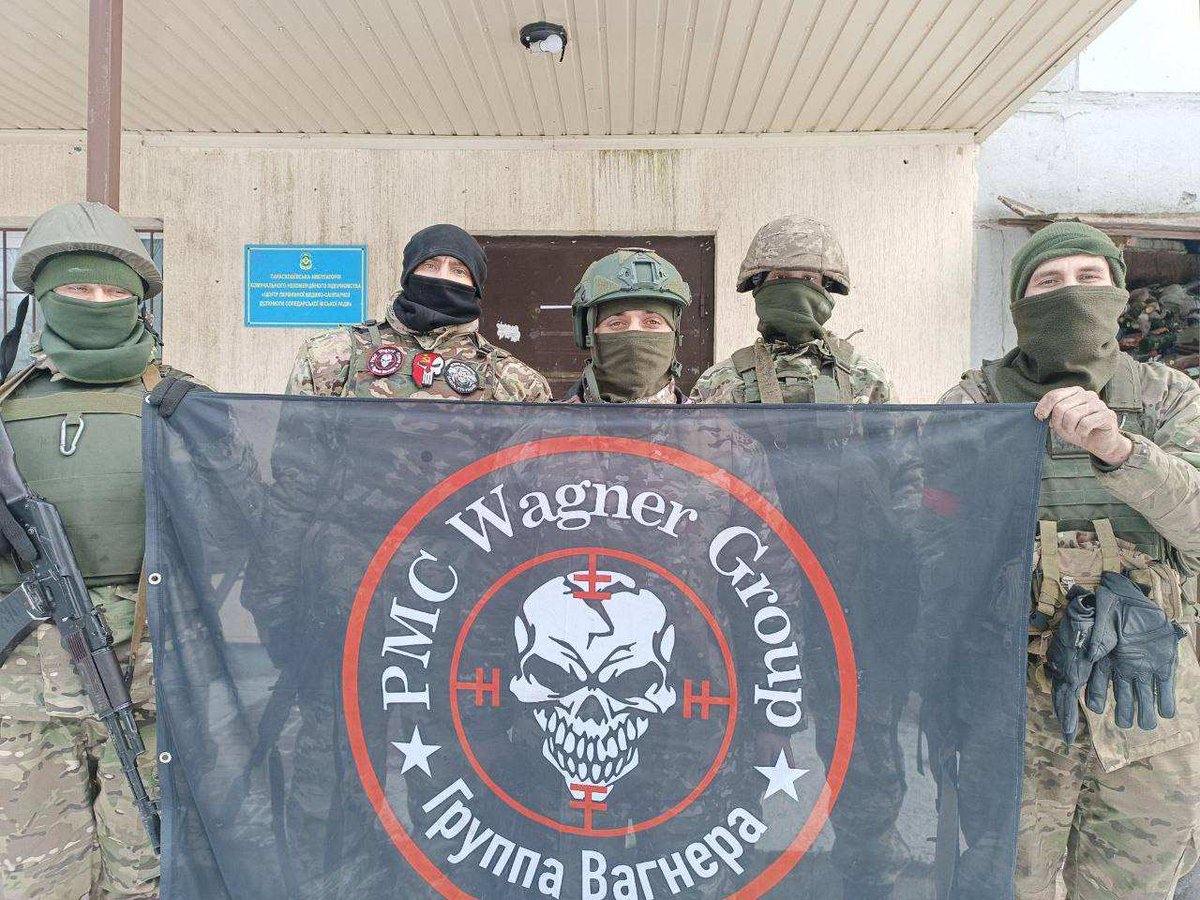1/ General Sergei Surovikin has somewhat unexpectedly reappeared in Algeria. A photograph published today shows him in civilian clothes addressing Algerian officials, apparently at the Algerian Ministry of Defence. ⬇️ 

2/ The VChK-OGPU Telegram channel reports that "Surovikin was in civilian clothes at all meetings, which confirms his dismissal from the ranks of the Russian Armed Forces." He was recently reported to have been found a new position.
https://twitter.com/ChrisO_wiki/status/1699461071759684010
3/ Surovikin is said to have been put under an extended period of house arrest after being detained and interrogated over suspicions that he assisted Yevgeny Prigozhin's mutiny and march on Moscow. He was reportedly released at the end of August.
4/ VChK-OGPU highlights the significance of Surovikin's appearance in Algeria, which is said to have been at the behest of powerful officials at the top of the Russian government:
5/ "The fact that the Presidential Administration managed to obtain permission for Surovikin's participation in events abroad also indicates the beginning of a campaign to replace Prigozhin with the figure of Surovikin,…
6/ …both on the domestic and international stages in order to contain the growing hegemony of Shoigu in the Russian security and political bloc."
7/ It's previously been suggested that a faction close to Putin is concerned about Shoigu's influence and is looking to use Surovikin, who still has substantial influence of his own, to counterbalance Shoigu. /end
https://twitter.com/ChrisO_wiki/status/1699327275844399385
Source:
t.me/vchkogpu/41788
t.me/vchkogpu/41788
• • •
Missing some Tweet in this thread? You can try to
force a refresh

 Read on Twitter
Read on Twitter












